Is Drinking 2 Coffees a Day Bad? Truths, Myths, and Tips for Coffee Lovers
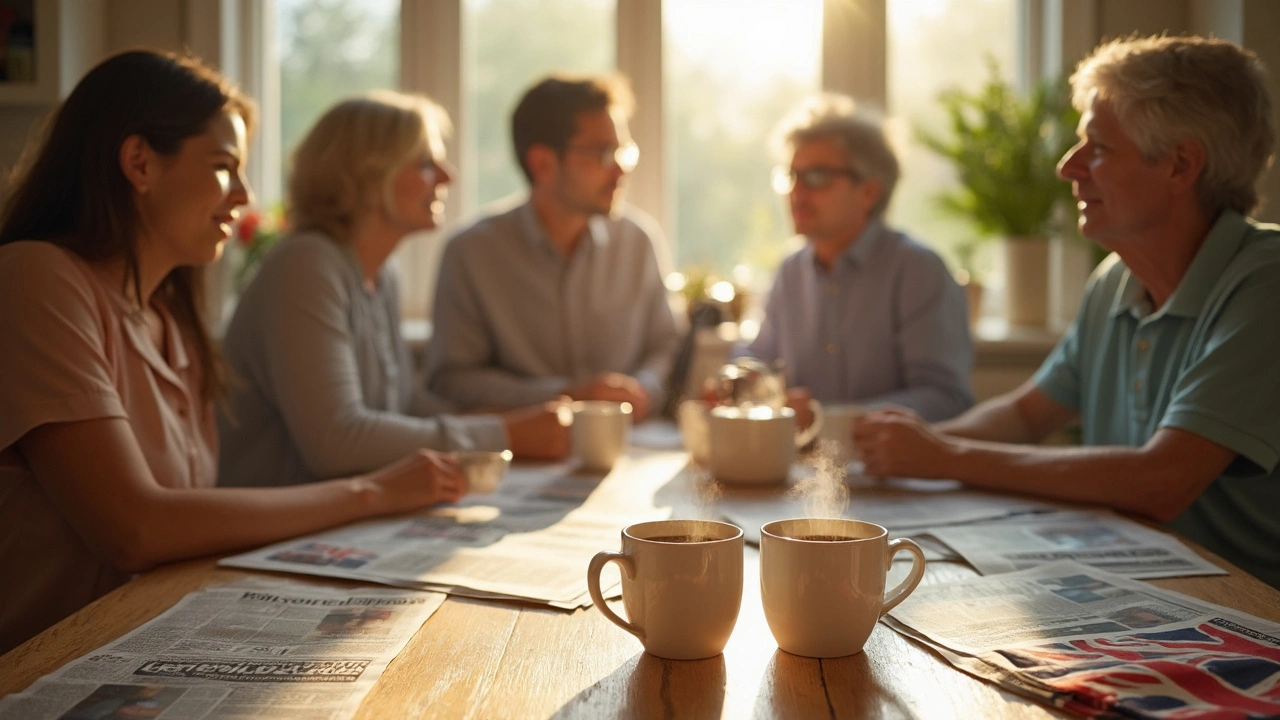
If you’re anything like me, you probably hear your alarm, shuffle to the kitchen, and cling to that first cup like it’s liquid gold. But then comes the guilt trip—your mom, your partner, or some random internet comment: “Isn’t two coffees a day too much?” I’ve been down this rabbit hole and I’m here to spill the beans (pun intended): Is two cups really pushing your luck, or is it perfectly fine?
The Real Scoop on Two Coffees a Day: Dose, Danger, or Delight?
Coffee isn’t just a morning ritual; it’s probably the world’s most popular little pick-me-up. But let’s break it down: when we talk about “two coffees,” what’s really at play is caffeine. On average, a standard 8-ounce cup holds about 95 mg of caffeine. So, two cups clock in somewhere around 190 mg. The U.S. FDA and health bodies like the Mayo Clinic peg the safe daily caffeine limit for healthy adults at 400 mg —that’s basically four coffees a day. So, sipping two? You’re barely at halftime.
Studies released as recently as last year still agree: moderate coffee intake (defined as 2–4 cups per day) doesn’t increase risks for heart disease, cancer, or even high blood pressure for most healthy folks. In fact, a 2023 review in the “New England Journal of Medicine” suggested that people who drank two cups daily had lower rates of type 2 diabetes and Parkinson’s. Pretty wild.
But there’s a twist. Metabolism, age, pregnancy, and even genetics (did you know some people break down caffeine twice as fast as others?) all influence how coffee hits you. While most people can tolerate two cups just fine, some might feel jittery, anxious, or lose sleep if they drink it too late in the day. So, there’s some wiggle room for personal limits.
Let’s get practical and look at what two coffees can amount to, depending on the brew and cup size:
| Drink Type | Size | Caffeine (mg) |
|---|---|---|
| Drip Coffee | 8 oz (240 ml) | 95 |
| Espresso | 1 oz (30 ml) | 63 |
| Americano | 12 oz (355 ml) | 77-150 |
| Latte | 12 oz (355 ml) | 77-150 |
| Cold Brew | 12 oz (355 ml) | 150-238 |
So, if you’re grabbing two regular drip coffees or even a couple of small lattes, you’re cruising well below the danger zone. Only if you’re doubling up on extra-large cold brews every morning are you really pushing the recommended max.
Busting the Myths: What Two Coffees Really Do (and Don’t Do) to Your Body
People love to blame coffee for practically everything—poor sleep, high blood pressure, anxiety, dehydration, and even stunted growth (thanks, grandpa). Time to clean the slate with some fresh facts.
- Coffee dehydrates you? Not unless you’re drinking crazy amounts. The small diuretic effect is offset by the fluid in the coffee itself. Two cups won’t turn you into a cactus.
- It causes heart problems? Unless you already have a heart condition or are sensitive to caffeine, studies like one from the American Heart Association in 2023 show no increased risk for heart issues with two cups a day.
- It wrecks your sleep? Only if you have it late in the day—caffeine has a half-life of about 5 hours. Your 2 pm cup can still be hanging around at 7 pm. If you’re tossing and turning at night, just bump your last coffee earlier.
- Makes you anxious? For some, two cups is plenty; for others, even one is too much. Listen to your own nerves, not internet memes.
- Leaches calcium from your bones? If you’re guzzling coffee and not getting enough calcium otherwise, maybe. Otherwise, two cups a day is unlikely to affect your bone health, especially if you keep your diet on point.
But coffee also gets credit it totally deserves. That two-a-day routine can come with real benefits: a sharper mind (thanks to improved alertness and reaction time), boosted mood, and, for many, a lower risk of Alzheimer’s, stroke, and certain cancers. Even folks who struggle with sluggish digestion often find that cup number two gets things moving—literally.
There are exceptions though. Kids, pregnant women, and people with certain health conditions (like irregular heartbeats or anxiety disorders) might want to stick to lower limits. If your coffee habit is making you dizzy or leaving you shaky, dial it back. Your body knows what it likes.
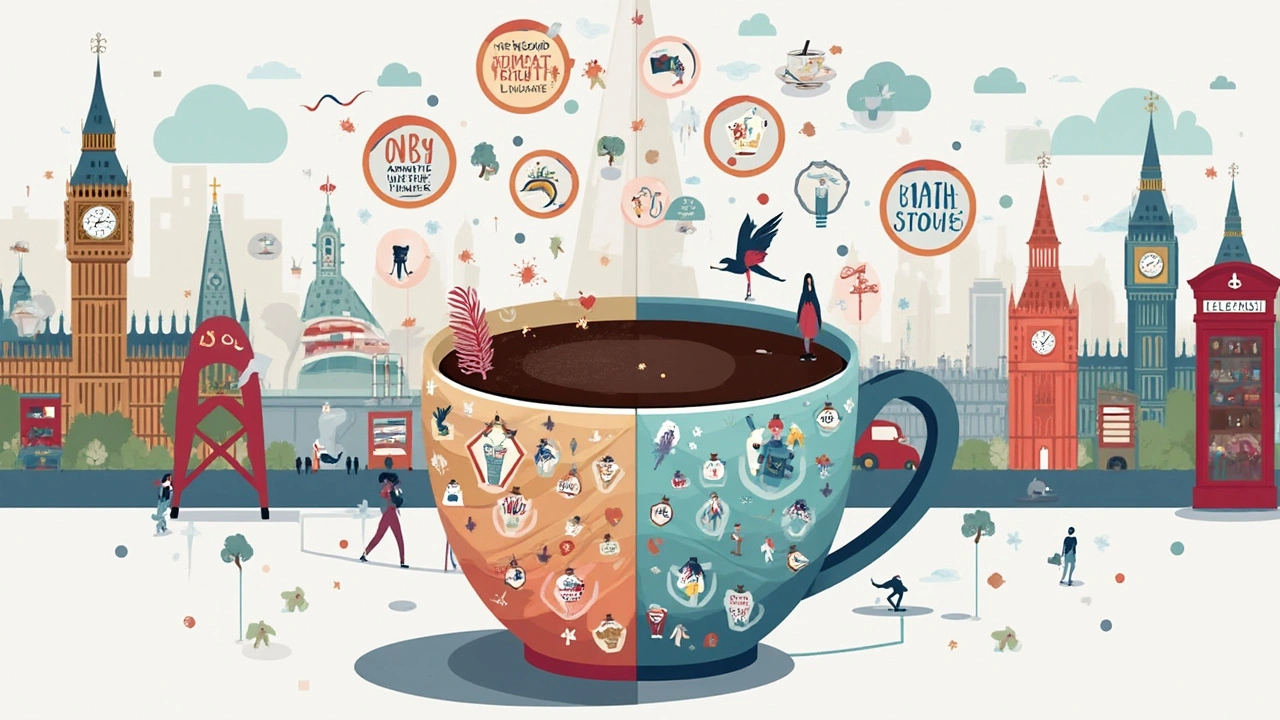
Less Obvious Pros and Cons: When Two Coffees Start to Matter
Alright, let’s tiptoe past the usual suspects and talk about a few sneaky ways even moderate coffee can make (or break) your day.
- Energy crashes: The burst from your morning joe can feel like magic. But coffee doesn’t actually create more energy—it just blocks the brain chemical (adenosine) that makes you feel sleepy. Once the caffeine burns off, you might crash even harder if you didn’t get enough sleep or food earlier. Pro tip: pair that coffee with a real breakfast, not just air and hope.
- Anxiety and heart racing: Some people are more sensitive than others, especially if they’re already stressed. If two coffees leave you shaky or spaced out, consider half-caf or decaf for cup number two. You still get the warm ritual without the jitters.
- Digestive drama: Coffee ramps up stomach acid production and speeds up your intestines. For most, that just means regular bathroom trips (high five, right?). But if you deal with acid reflux, ulcers, or IBS, even two cups might set you off. Try adding a splash of oat milk or eating before drinking up.
- Blood pressure bumps: For folks with already high blood pressure, caffeine can raise numbers slightly, especially if you’re not a regular drinker. If you’re dealing with hypertension or any heart issues, your doctor might want you to ease off, even if science says most people are safe at two cups.
- Sleep quality: Everyone talks about insomnia, but not the sneakier impact. Drinking coffee too late can cut into REM sleep (the deep, brain-repairing stage), even if you fall asleep fine. Try having your last coffee before 2 pm if your sleep is off.
On the plus side, that two-cup habit may even add years to your life. Harvard studies link moderate coffee drinking to reduced risk of dying young—up to 15% lower from all causes. Yes, really. But this doesn’t mean extra cups bring extra benefits—there’s a sweet spot, and for most, that’s around two or three a day.
Oh, and here’s a random perk: coffee is the #1 source of antioxidants in the average American diet—beating out fruits and veggies for a lot of people. Those antioxidants fight inflammation and lower the chances of chronic diseases. Not a bad bonus for something you probably already love.
Smarter Sipping: How to Keep Your Two-Coffee Habit Healthy
Alright, you want to keep your coffee. Here’s how to do it with max benefits and minimal downsides.
- Watch what you add. Cream and sugar make your cup taste heavenly but rack up calories fast, sometimes more than a soda. Try spices like cinnamon or nutmeg, or swap in plant milks if you’re watching sugar or fat.
- Mind the clock. Have your first coffee after a meal, not on an empty stomach. This helps avoid those acid jitters and lessens caffeine’s crashy effects. Aim to finish cup #2 by early afternoon, especially if you’re sensitive to sleep loss.
- Try different brews. Not all coffees pack the same punch. Cold brew has more caffeine, while espresso shots are concentrated but smaller in volume. French press and pour-over methods bring out unique flavors without skyrocketing caffeine. If you want a gentler effect, opt for lighter roasts or low-acid beans.
- Drink plenty of water. Coffee does count towards your hydration, but it doesn’t hurt to chase that second cup with extra water—keeps your skin and kidneys happy.
- Rock the ritual. The routine matters as much as the drink. Savoring your mug, taking a coffee walk, or catching up with friends over a latte—all these mental perks come built in with your caffeine fix. Just don’t chug it on the go every time.
- Notice your signals. Everyone’s body is a little different. Track how you feel—energized, jittery, grumpy, or zoned in. If your regular dose starts feeling off, it’s totally fine to adjust and tailor what works for you.
- Pick your beans wisely. Coffee quality matters. Lower-grade or super-roasted beans can have more chemical residues and sometimes higher levels of a compound called acrylamide (a byproduct of roasting that’s best kept minimal). Go for fresher, high-quality beans, and enjoy them within a couple of weeks of roasting if you care about the health side as much as the taste.
- If you’re pregnant or have health problems, double check with a doctor. Many sources, including the American College of Obstetricians and Gynecologists, say up to 200 mg daily (about one small coffee) is safe during pregnancy, but better safe than sorry. Listen to your doc.
- Switch up with decaf. Mix one regular and one decaf if you want the taste and comfort with less caffeine. Bonus: most of the antioxidants remain untouched.
For most healthy adults, having two coffees every day is a safe bet—sometimes even a smart one, thanks to those coffee health effects proven by science over and over. Don’t let coffee-shamers talk you out of a ritual that perks you up, brings people together, and brings a dash of joy to your day. Pour yourself another cup if you want, just keep an eye on how your mind and body respond. At the end of the day, you and your mug know best.


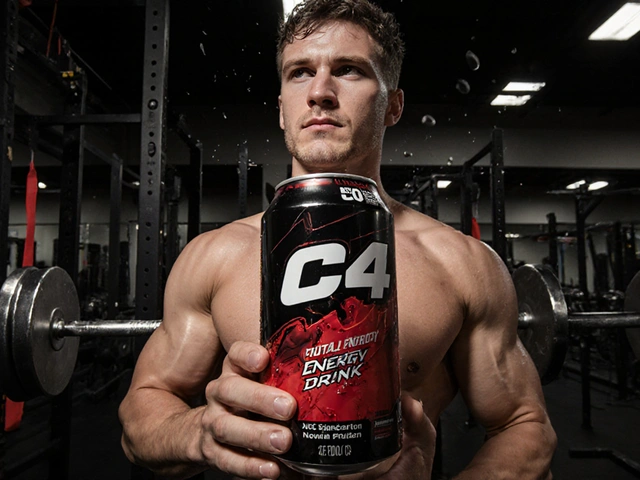
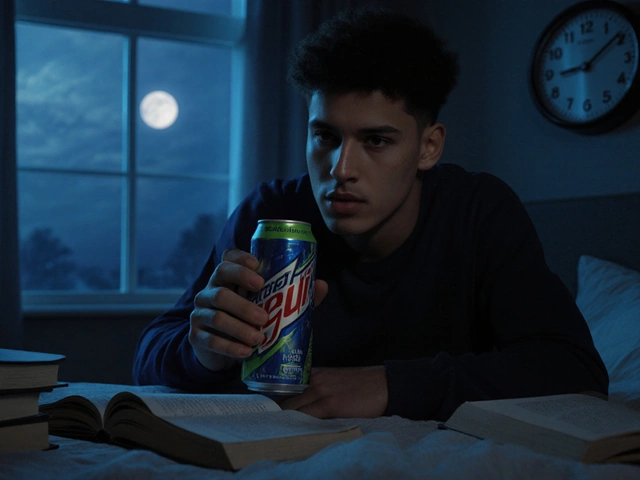

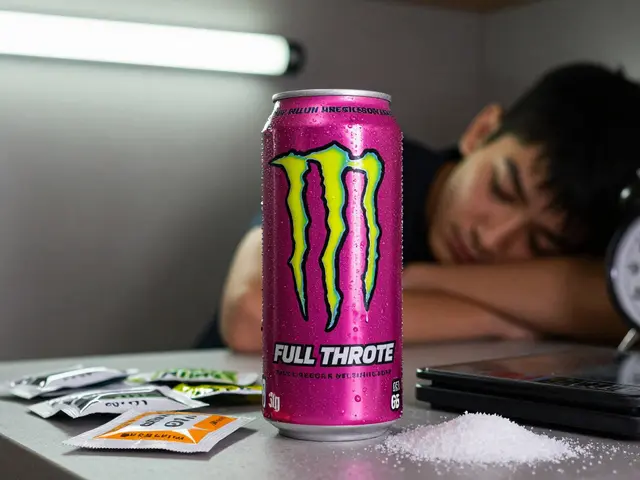
Comments (10)
Patrick Tiernan
18 Jul 2025
Honestly, the whole "2 coffees a day is bad" thing is so overblown. I mean, come on, people have been drinking coffee for centuries without dropping dead from a couple cups. The article tries to balance myths and truths but sometimes it feels like just stating the obvious.
Sure, too much caffeine isn't great but two? Seriously? If anything, coffee can boost your focus and mood. I just wish authors would stop making it sound like a health disaster when really, it’s fine unless you’re chugging a pot every hour.
Anyone else feel like articles like this just stir unnecessary panic? Like, just enjoy your coffee and don't overthink it.
Liam Hesmondhalgh
18 Jul 2025
I'm gonna jump on that—Patrick's not wrong, but some of the points deserve a more critical eye. It's not just about "two coffees = fine." It depends on the individual’s tolerance, health conditions, and, frankly, how the coffee is prepared. Sugar-laden, creamy monstrosities? That’s a different story.
Also, I can't stand the laziness of some writers who toss vibrant claims without citations. If you’re gonna preach coffee consumption, at least ensure your grammar and facts are spot on. Precision in language reflects precision in thought.
Anyone who claims two cups is universally safe is oversimplifying. The devil's in the details, folks.
Jennifer Kaiser
18 Jul 2025
Both of you make good points, but I think the broader context beyond just caffeine intake matters. Coffee rituals can offer mindfulness moments, community bonding, even spark creativity. Focusing solely on health risks strips away some of coffee's cultural and psychological importance.
That said, I appreciate the article trying to clarify myths. There's so much misinformation about coffee, from cancer risks to addiction myths, and separating fact from fiction helps us enjoy it responsibly without guilt.
So, maybe the best approach is drinking two cups with intention, knowing your body, and savoring the experience rather than just counting caffeine milligrams.
TIARA SUKMA UTAMA
18 Jul 2025
I'm curious, though — what about the timing of these coffee cups? Like, does it matter if someone drinks one in the morning and one at night? I’d imagine the latter could mess with sleep, right? That's what concerns me.
Also, does the type of coffee (espresso vs drip) and serving size make a big difference? I tend to have a small espresso shot, but friends swear by giant sugary lattes. Seems like a lot of variables.
Anyone here tried cutting down from two to one cup? What was the experience like?
Marissa Martin
18 Jul 2025
Honestly, drinking two coffees a day might seem harmless, but I think we underestimate the addictive nature of caffeine. Even if it seems manageable, it can subtly affect your nervous system and exacerbate anxiety or insomnia.
Our bodies are not designed to constantly rely on stimulants, and normalizing daily coffee rituals could mask underlying health problems. People should be more aware of this instead of feeling proud of their coffee habits.
I’d advocate for more moderation and introspection rather than celebrating habitual caffeine fixes.
Dmitriy Fedoseff
18 Jul 2025
Marissa, I see where you’re coming from, but I’d say caffeine is a tool, not an addiction for everyone. Like any substance, it can be abused, but for many it’s a gentle nudge to help with focus and mood.
Comparing it to addiction sometimes feels exaggerated. It’s about personal responsibility and knowing your limits. The article rightly mentions this balance.
Also, cultural perspectives on coffee show how it brings people together. The social and ritualistic aspect often outweighs any minor physiological downside.
In Canada, for example, coffee culture is vibrant and community building, so I think context matters.
Sally McElroy
18 Jul 2025
Ugh, can we not turn every simple thing into a moral dilemma? Two coffees a day? If that’s what triggers existential crises nowadays, I fear for humanity. The obsession with demonizing ordinary pleasures is exhausting.
Maybe focus more on balanced living and less on policing coffee intake. Too much moralizing makes it all sterile and joyless.
Embrace enjoyment responsibly, but chill out about every sip.
Angelina Jefary
18 Jul 2025
Guys, I can’t shake this feeling that the coffee industry and big corporations are manipulating these health articles. They push just enough concern to control coffee prices and marketing but not the whole truth. Ever noticed how some studies conveniently disappear or change over time?
We should question who benefits from the narrative that 'two coffees a day is safe' or not. Perhaps the actual impact on our health is underreported while profits soar.
Anyone else here skeptical about mainstream coffee info?
Jasmine Oey
18 Jul 2025
Honestly, Angelina, your conspiracy vibes are theatrical but kinda amusing. I don't deny some corporate influence, but we also have decades of independent research on caffeine’s effects. Not everything is a hidden agenda.
That said, the romanticization of coffee culture sometimes blinds us to unhealthy habits, no matter what the industry says. We all have to be our own critics and drink thoughtfully.
I love a good cup of ethically sourced artisanal brew and find joy in its nuance, but I’m not blind to indulgence pretenses either.
Cynthia Lamont
18 Jul 2025
Jasmine, your take on 'think before you drink' hits home. It's wild how many people treat coffee like some sacred ritual without questioning their consumption.
The article glosses over the toxicity of caffeine in sensitive folks. Two cups may seem harmless to most, but for some, that’s a recipe for anxiety and palpitations.
People projecting their harmless indulgence onto everyone else is frustrating. Coffee isn’t a salvation nor a curse—just a substance with a dose-dependent impact.
The key is self-awareness, which too many lack in their caffeine habits.